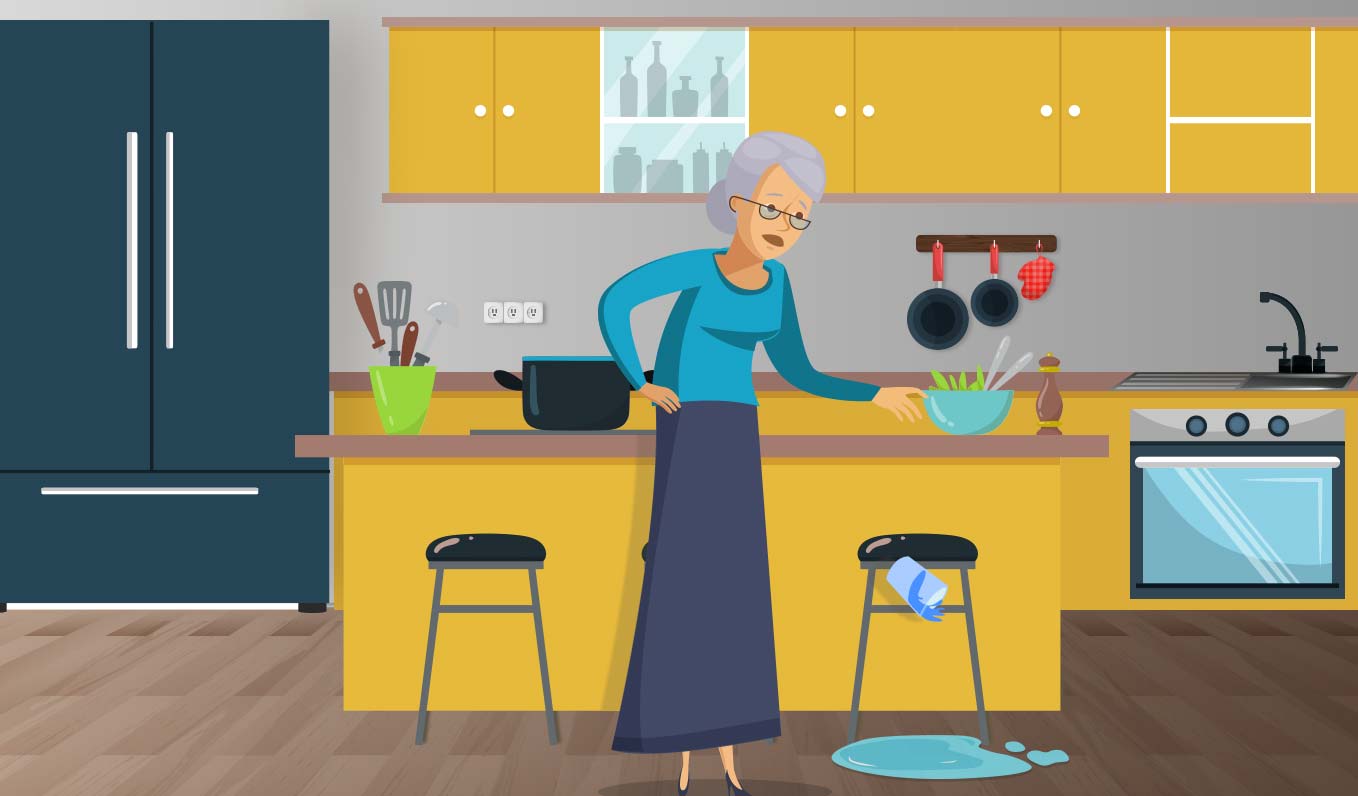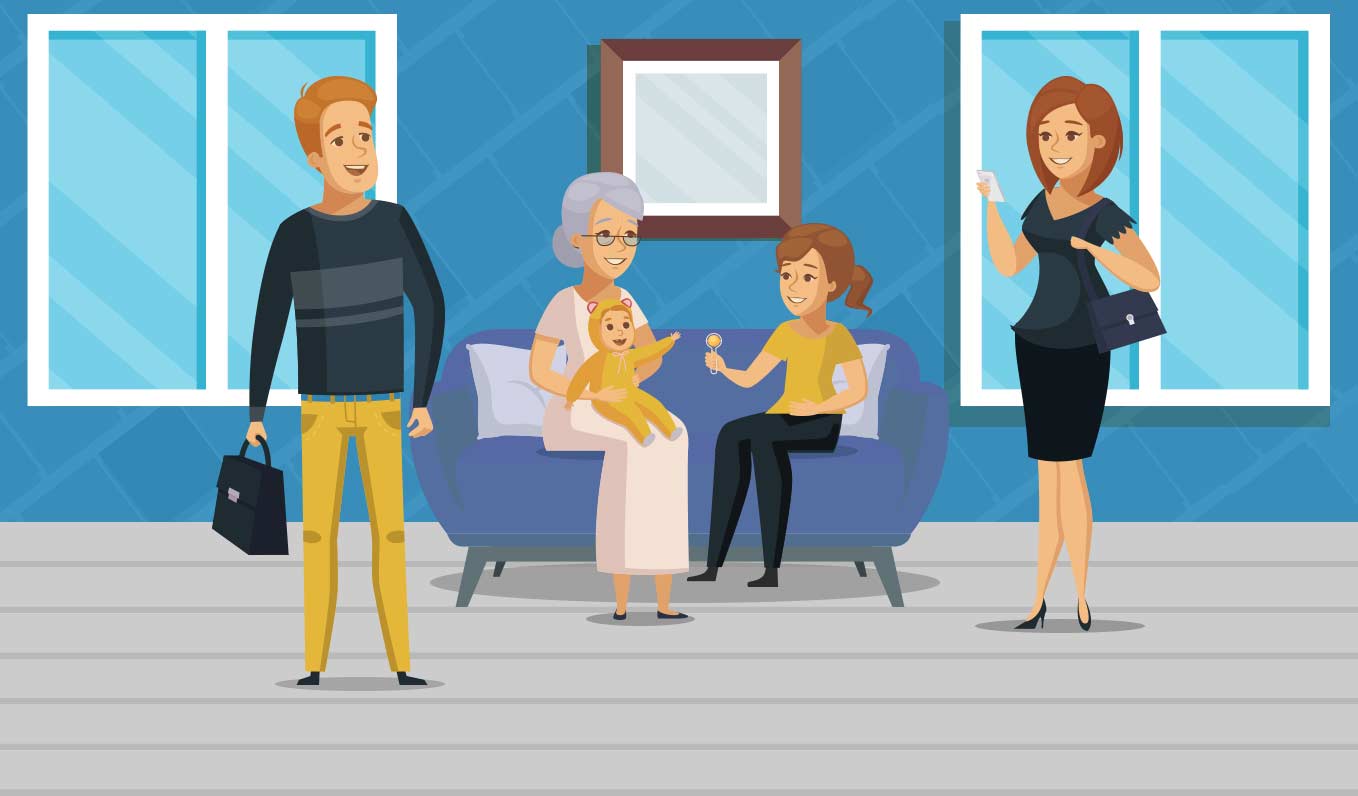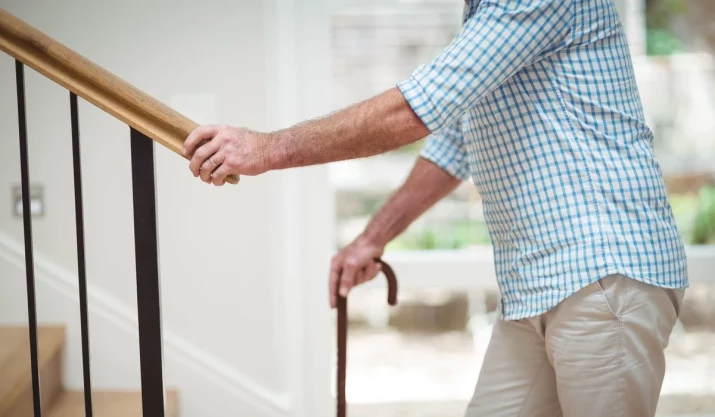Is it Unethical to Put Elderly Parents in a Nursing Home?

Table of Contents
- Should You Help Them Remain at Home (Age in Place)?
- Signs That it May be Time for a Nursing Home
- Assessing the Quality of Nursing Homes
- Neglect in Nursing Homes
- Elder Abuse in Nursing Homes
- Ethical Issues in Elderly Care
- New Website Tool Encourages Transparency
- Experiencing Guilt When Placing Your Parents in a Nursing Home
- Regretting Your Decision Despite Trying to Act Ethically
- Seniors May Have Improved Quality of Life in Nursing Homes
- Filial Responsibility
- Maintaining a Healthy Relationship with Your Parents
As your parents get older, you may have discussions with them about how they feel about living in a nursing home or assisted living facility when they can no longer care for themselves. This can be a difficult conversation, and there are ethical issues to consider. Placing your parents in a nursing home doesn’t automatically mean you are acting unethically. There are many cases where it may be the best option for them.
Should You Help Them Remain at Home (Age in Place)?
Many seniors are able to age in place with a little outside help. If your parents need help with basic personal care, cooking or cleaning, remembering their medication, or running errands, you may be able to hire a caregiver to help out. If safety is a concern due to mobility issues, you might consider home mobility solutions or making modifications that will allow them to stay in their home.
The majority of seniors prefer to age in place, and if this is what your parents want, you should do everything you can to help them do so. This helps them maintain their independence and autonomy. It’s important to listen to what they want and if possible, include them in any decisions. This will ensure you are acting ethically on their behalf.

Signs That it May be Time for a Nursing Home
When making decisions about your parents’ living arrangements, keep in mind that there are times when it is not only ethical but necessary for them to have a higher level of care than you can give them at home. Sometimes trying to do everything yourself is not the best thing for them, you, or your family.
Inability to perform daily living activities
When your parents become unable to perform daily living activities, such as dressing, bathing, or using the restroom, it may be time to consider a nursing home. While most seniors experience some difficulties as they age, eventually their limitations may be too great for them to continue to live independently, and they may no longer be safe living alone. In this case, it would be ethically appropriate for you to have them placed in a nursing home.
Dementia
When dementia becomes advanced to the point where your parents don’t know where they are or what they are doing, a nursing home may be the best option. Dementia can bring serious safety issues for those who wander outside of the house and get lost. Some seniors with dementia may exhibit aggression toward their caregivers which can be dangerous and upsetting for both parties.
An Increase in Their Needs
If your parents’ have chronic medical conditions or care needs that become so great that you are unable to handle everything at home, a nursing home may be the best option.

Assessing the Quality of Nursing Homes
If you determine that your parents should be in a nursing home, it is your ethical responsibility to do thorough research before making a decision on a facility. Sometimes facilities that look good in print may not be good in person, so it’s important to visit any facilities you are considering.
While you are there, ask lots of questions, and look for things that may reflect the quality of the facility as well as the quality of life there, such as:
- Is the facility clean and well-maintained, and does it smell?
- What recreational activities are available?
- Do the residents look happy and cared for?
- What is the food like?
- What services are available (physical therapy, skilled nursing care, etc.)
- Are there enough trained staff members to meet the needs of the residents?
- Is the facility licensed or certified?
- Have any complaints been made against the facility?
- What are the rooms and common areas like?
Neglect in Nursing Homes
Nursing home abuse occurs when a caregiver intentionally harms the elderly residents in their care, while neglect is not providing the appropriate level of care, which may also cause harm.
Nursing home neglect includes the following four types of neglect.
- Medical Neglect – This occurs when staff members do not attend to the medical needs of the resident resulting in harm, including bedsores and infections.
- Neglect of Basic Needs – This includes the failure to provide adequate basic needs, such as food, water, and a clean environment.
- Neglect of Personal Hygiene – This happens when staff members do not provide adequate help with bathing or personal hygiene.
- Social or Emotional Neglect – This occurs when staff members ignore residents, yell at them, or leave them unattended for long periods of time.
There are warning signs of neglect that you should be aware of if you place your parent in a nursing home. These include bedsores, frequent infections, malnutrition or excessive weight loss, dehydration, and changes in behavior. If you see any of these warning signs, you should investigate further to ensure your parents’ safety.
Elder Abuse in Nursing Homes
According to a report by the National Center for Biotechnology, there hasn’t been much research done on elder abuse, but there is evidence that it may be as prominent as child abuse.
Those living in residential care facilities are particularly at risk for abuse because their physical and mental limitations, dependence on others, and the presence of chronic medical conditions make them vulnerable.
Ethical Issues in Elderly Care
In the United States, those living in nursing homes are guaranteed the protection of certain federal rights. The list of rights is lengthy, and it includes the right to be treated with dignity; freedom from discrimination, abuse, and neglect; and the right to receive appropriate medical care. For an exhaustive list with explanations, please see the report, “Ethical Issues in Long-term Care” in the Journal of Human Rights and Social Work.
New Website Tool Encourages Transparency
The Centers for Medicare & Medicaid Services (CMS) and the Trump Administration recently announced a change in the online information available to nursing home residents and their families. The Nursing Home Compare Website, which is run by CMS, is designed for families and caregivers to find out information about nursing homes.
With this recent change, a consumer alert icon will be displayed on the website next to facilities that have had reported cases of neglect or abuse. The goal of this is to encourage transparency by making this information more readily available to those who need it.

Experiencing Guilt When Placing Your Parents in a Nursing Home
It’s normal to feel guilty about placing your parents in a nursing home.
You may have had discussions with your parents about how you will handle their care when they get older, and you may be adamant about not letting your parents go into a nursing home. But stop and think about what you know about nursing homes.
Do you envision them as smelly and overcrowded with uncaring staff? While this may have been the case in the past, there are now regulations in place to protect residents and prevent this kind of negative environment.
Even if you are certain that your parents should be in a nursing home, you may still feel guilt over your decision. Thoroughly researching and personally visiting facilities may help alleviate some of this guilt, and finding the right place may make your decision easier.
Regretting Your Decision Despite Trying to Act Ethically
Sometimes, despite the amount of research you do, you may regret your decision to place your parents in a facility. Chris Hirschler, PhD., MCHES, chair and associate professor at the Department of Health and Physical Education at Monmouth University, experienced this after his family made the decision to place his grandmother – a former nurse – in a nursing home.
Hirschler’s grandmother was unhappy and resentful about the change in her living arrangements, and she argued that it was not in her best interest to be there. She would talk about how the nursing staff would take a long time to answer a call light, and she would say, “See what my family did to me?” She did make friends and participate in activities there, but she said she didn’t have a choice.
While Hirschler admits that often nursing homes are necessary for end-of-life care, he wants to make it easier for seniors to receive care at home. He says, “While there is no guarantee that living in a nursing home will prevent a fall or a host of maladies, the experience of loss and subsequent depression are often predictable eventualities for those relegated to permanent institutional care.”
From an ethical standpoint, Hirschler suggests that his grandmother would’ve been better off remaining at home. He says, “Even if a nursing home promised additional quality of life, is it worth it? For many, like my grandmother, the answer would be no.”
Seniors May Have Improved Quality of Life in Nursing Homes
You may have hired in-home caregivers, taken your parents to an adult daycare program, or helped them modify their home so they could age in place, but what happens when that’s no longer enough?
If you are trying to balance your work and family life with the responsibilities of caring for your parents, there may be a point when you can’t do everything yourself.
Nobody wants to go into a nursing home, but it may be both ethical and necessary to keep your parents safe and well-cared for and maintain your sanity.
As your parents age, it may become difficult to keep them with you. Deborah Chiaravalloti, a senior care expert, shares the story of making the decision to move her mother into a nursing home after having her move in with her family.
Her mother became incontinent, and her dementia worsened to the point where she would refuse medications and claim she already took them. She was also alone during the day, and she would spend most of the day in bed. She became depressed and lost weight from not eating.
Chiaravalloti’s daughter ended up contracting a stomach virus from cleaning up after one of her grandmother’s accidents.
Chiaravalloti says, “That was when I had to make the decision that her care had escalated beyond our skills and knowledge. It was not good for her or for us to put the family at risk as well.”
In this situation, there may be ethical concerns regarding the rest of your family’s well-being in addition to that of your parents. According to Chiaravalloti, after finding a great facility for her mother, it was still difficult to leave her there.
She says, “I felt as though I had betrayed her, abandoned her, and shunned my most important role in life.”
As Chiaravalloti’s mother settled into her new home, she started eating more and gaining weight. And with a regular schedule, surrounded by people and participating in activities, she began to thrive.
Chiaravalloti says, “Be careful not to judge people too harshly when they put their parent in a nursing home. You don’t know what their story is. I put my mother in a nursing home when she most needed care, and come to find out, it wasn’t the care I could give her.”
Filial Responsibility
Filial responsibility laws state that adult children of elderly parents must pay for their parents’ necessities if their parents are impoverished. This means that you may be held responsible for your parents’ nursing home fees. Twenty-seven states have filial responsibility laws, including California.
Because Medicaid covers nursing home care, there isn’t often the need to enforce these laws, but it can happen. If your parents are impoverished and for some reason don’t have Medicaid, then this law would apply.
For example, if they have applied for Medicaid and are waiting for approval, but they need to be in a nursing home, you may be liable for the cost of their care until their Medicaid is approved.
Even after Medicaid begins paying for their care, you may still be responsible for the cost of any personal items they may need.
Medicaid does not require adult children of nursing home residents to contribute to the cost of their care; however, the state will take money from your parents’ estate to recover some of those costs after they pass away.

Maintaining a Healthy Relationship with Your Parents
If your parents are living in a nursing home, it’s crucial that you make every attempt to maintain a good relationship with them. Make sure to visit them often so you remain involved in each other’s lives.
Monitor their care and look for any signs of neglect or abuse, especially if they are unable to tell you about their experiences. This is not only ethical, but it is also essential to protect them and nurture your relationship.
If you are faced with making this difficult decision, listen to your parents and respect their wishes and their need for dignity and independence.
If you decide a nursing home is best for them, and they don’t agree with your decision, you may have to go against their wishes.
That doesn’t mean you are acting unethically, and it may actually be unethical to allow them to remain at home when you know they need a higher level of care than you can provide.
If you research facilities thoroughly, look for signs of abuse or neglect, visit as often as possible, know your responsibilities, and maintain open communication with your parents, you are doing everything you can to ensure your decision is ethical.








